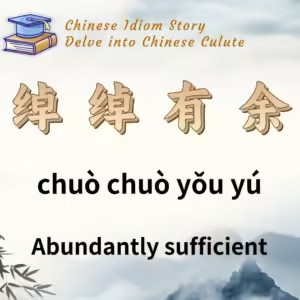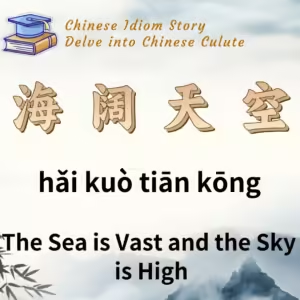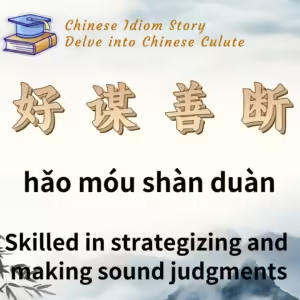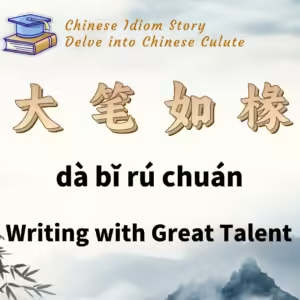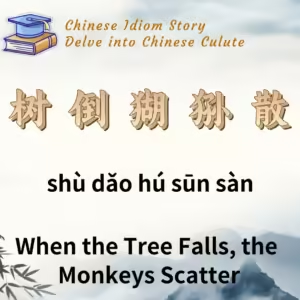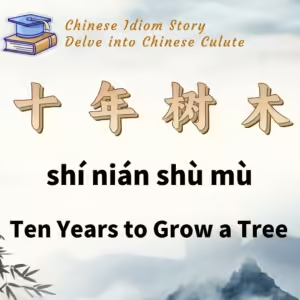
Chinese Idiom: 掷地金声 (Zhi Di Jin Sheng)
English Translation: The sound of gold thrown to the ground
pīn yīn: zhì dì jīn shēng
Idiom Meaning: This phrase describes the high quality and brilliance of a piece of writing, indicating that it has a powerful and resonant impact.
Historical Source: This idiom is derived from The Book of Jin (晋书), specifically in the biography of Sun Chuo.
Idiom Story:
Sun Chuo was a free-spirited and somewhat carefree individual during the Jin Dynasty, known for his literary talent. He planted a pine tree in front of his house and often stood guard over it. A neighbor once mocked him, saying, “Your pine tree has grown quite well, but it’s too small. I fear it will never amount to anything significant.” Sun Chuo cleverly retorted, “Your maple and willow trees are already big enough to embrace, yet they don’t seem to be of much use!”
Sun Chuo had a friend named Xi Zaochi, who was also a scholar. One day, while they were walking together, Sun Chuo jokingly remarked, “Let the sand fall behind and let the tiles and stones stay behind!” Xi Zaochi shot back, “Sift it and toss it; let the chaff be at the front!”
Having spent a considerable amount of time in Kuaiji (now Shaoxing, Zhejiang), Sun Chuo enjoyed exploring the mountains and rivers for over ten years. During this time, he composed an essay titled Sui Chu Fu and later wrote Tian Tai Shan Fu, which became his representative work. He was meticulous with his choice of words and very proud of the piece. After completing it, he showed it to his friend Fan Rongqi, saying, “Try this; this article should resonate like the sound of gold or stone when thrown to the ground!” Fan Rongqi laughed and replied, “What kind of sound is this gold or stone? Does it fit the rhythm?”
However, as Fan Rongqi began reading, he couldn’t help but admit that it was indeed an excellent piece of work. Every time he encountered a beautiful line, he expressed his admiration with exclamations of praise.

